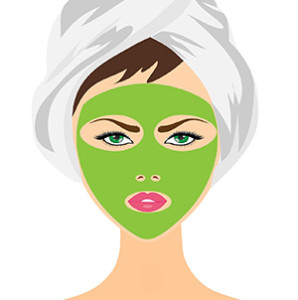 Nearly everyone will experience acne at some point in their life. I guess you could call it a coming of age for teenagers who enter puberty. The excess production of oil and hormones saturates the skin to the point where it forms reddish blemishes and raised lesions. The good news is that acne tends to go away on its on. The bad news, however, is that it can leave behind visible scars that act as a reminder of your past acne experiences.
Nearly everyone will experience acne at some point in their life. I guess you could call it a coming of age for teenagers who enter puberty. The excess production of oil and hormones saturates the skin to the point where it forms reddish blemishes and raised lesions. The good news is that acne tends to go away on its on. The bad news, however, is that it can leave behind visible scars that act as a reminder of your past acne experiences.
What Are Acne Scars?
Acne scars are the direct result of the skin trying to create too much collagen. When acne lesions occur, the body’s natural defense mechanism is to fill the area with more collagen so it won’t remain an open wound. This is necessary to reduce the risk of serious infection taking hold. Unfortunately, too much collagen inflames the skin to the point where scars develop.
Skin Care 101
The first thing step towards fading acne scars is to take care of your skin. If you aren’t doing so already, make sure you wear a high-SPF sunscreen lotion anytime you go outside. It’s a little-known fact that the sun’s UV rays can make scarring worse. Taking a few minutes to lather a sunscreen lotion on beforehand will offer a valuable protective barrier against some of the sun’s dangerous UV rays; therefore, allowing your skin to heal more quickly and naturally.
Moisturizing Cream To Fight Acne Scars
The most effective method for fading acne scars is a high-quality moisturizing cream or lotion containing certain ingredients like aloe vera, vitamin E, avocado oil, and similar all-natural compounds.
So, just how are you supposed to use an acne fading cream? While there are several different types of creams available on the market, most of them are applied topically to the problematic area. Just make it a point each and every day to apply a minimal amount of cream to your face, neck, or anywhere else you are experiencing acne.
Here are some other tips on how to reduce the appearance of acne scars:
- Limit your consumption of fatty, greasy and/or processed foods.
- Exfoliate your skin at least once a week.
- Wash your pillow covers – dirty pillow covers may contribute to oil buildups, and subsequently acne.
- Avoid touching your face.
- Drink plenty of H20 throughout the day; hydration plays an important role in skin health.
